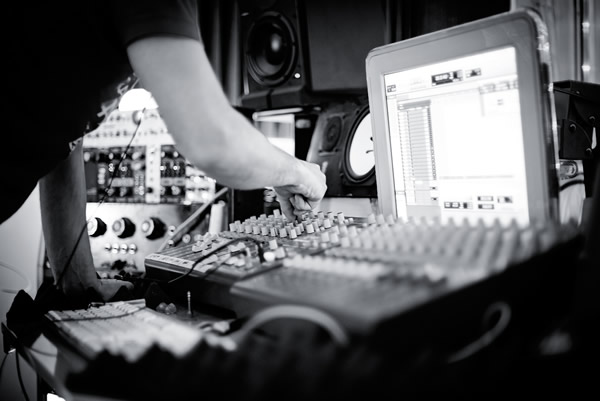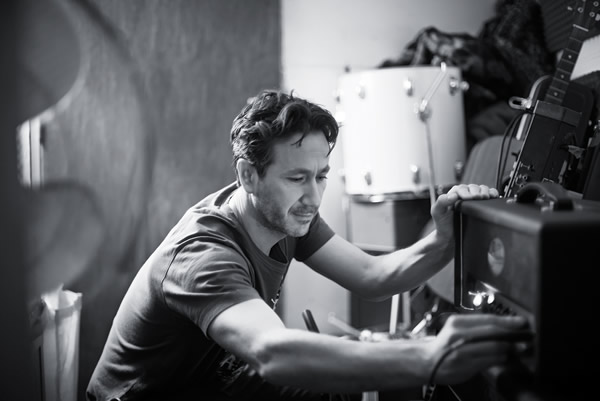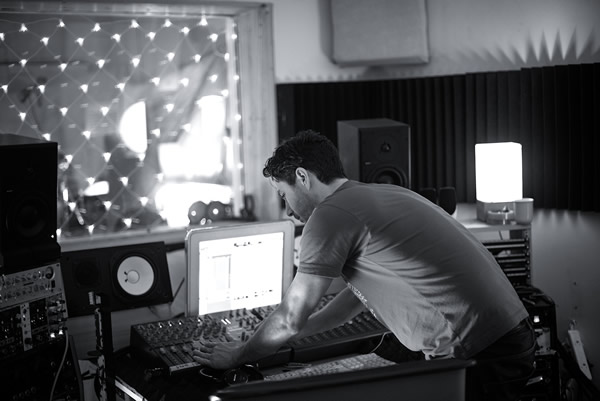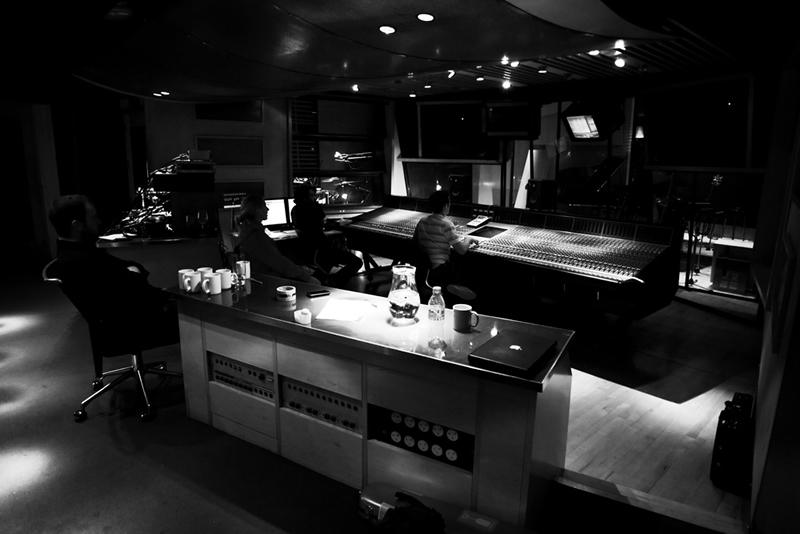Grammy award-winning producer, engineer and mixer Matt Lawrence, who does much of his work at Miloco’s studios, gives advice on how to get the most out of a recording session.
What are the most common mistakes artists make when recording?
The most common mistakes I see are generally down to a lack of prep, such as:
– Arrangement and lyrics not agreed/rehearsed. – Key equipment missing (guitar tuners/drumsticks/drum heads), equipment or instruments known to be needed not organised in good time.
– An unrealistic expectation of what you want to achieve in the session, this can lead to stress and rushing the job. No point doing four average recordings when you can make two amazing ones.
– A presumption that, “The studio will have one of those”. They probably won’t.
– Inviting along girlfriends/boyfriends. It adds a dynamic to the session that is not usually helpful.
– Overtime. Don’t do it! It’s expensive. If you have not finished your guitar take number 45 as it’s time to go home you should probably have turned up on time, or been thinking about your parts instead of tweeting pictures to the world of your fancy studio and the back of my head. If you do an extra hour every day for the week, you could have booked another 12-hour day instead, and the hours spent after being there for 12 already are not nearly as productive as you think.
This is not the 80s or 90s where recording budgets commonly run into the hundreds of thousands. Chances are you are either self-funded, on a little indie label or have found an investor and have somehow persuaded them that investing in your band is a good idea. You are all expected to take responsibility for helping to keep costs down. This is best achieved by being properly prepared, being focused and ready for your parts when the time comes. There’s a lot of waiting around in recording sessions and then you are suddenly required. Be prepared for this (and make sure you are in the building).

How many songs should an artist realistically plan to record in a two-day session?
Depends on style/band line-up and playing ability. Probably two max (with some overdubs) if they are for serious release. Although if it’s a Jazz trio, a whole album!
What should a band consider in terms of technical prep (which may not be provided by a studio)?
Make sure guitars are setup properly and have the correct (new if required) strings.
Make sure all drum parts and cymbals are present (no you can’t just borrow a bass drum pedal from the band next door). Never presume that the studio has any backline or any leads or ancillary kit you may require.
If you are hoping for studio kit then check with the studio bookings office first and get an email to confirm that this gear will be made available to you. Do this on a weekday in office hours. Your session may well be on a weekend and you can get no official response at these times, no matter how many records you have sold.
Hard drives should have plenty of space and all audio files/samples/demos required should actually be on this drive!
Not quite technical, but has the singer been resting, seeing a vocal coach and done their vocal warm-ups? It’s not rocket science, but sadly does bear repeating. Don’t go out and smash it the night before your session. You will play and sing like shit. I cannot fix that with a plugin.

Should an artist get more than one mix done?
Two different mixers for the same song could be a good idea and may show the song in a different light. A political hot potato here, tread lightly and with good business ethics. It is a small industry really and you’d be surprised. Most things get back to most people. It’s always cool if you are above board about everything. Everyone wants the best for your record.
What is the best way to get the most out of the engineer/producer (or not to piss him/her off)?
Communication is good. Don’t be rude or pointlessly arrogant toward them. You want them on your side!
Try to develop a working relationship in which they feel they can advise or comment (discreetly) if something is wrong or better done in a different way. You have to be confident in what you’re doing but don’t be bullish to the detriment of the final record just so that you know every decision and idea was yours!
Any tips for choosing a studio which best suits an artist’s needs?
Sometimes it’s as simple as location, but the line-up of the band (if there is one) often dictates studio choices.
If you book your session last minute you will be severely limited in these choices. The good ones get booked up!

What will mastering a recording achieve and does the amount of time/money spent make a difference?
The dark art of mastering is still a relevant and important one. Most facilities often have an online, non-attended cheaper way of working. This can help to save some money.
I would always check to see if your mix engineer has a suggestion or a good relationship with any particular mastering engineer.
Always check thoroughly the reference copy you get from mastering, don’t just presume it’s right and glitch free. It’s your responsibility to check this, and even though you may be sick to death with the song, this is arguably the most important listening session of the project. Play it against other records you know to get a good sense of where it sits especially with regards to bottom-end tightness and top-end sibilance and crispiness. Mastering can simply be a battle of volume verses compression. Maybe find a track you want to be as loud as and send this on as a reference for your mastering engineer.
Be realistic in your expectations. If you smashed down three tracks that you only just wrote in one day with shitty kit and got your mate to mix it in his bedroom it is not suddenly gonna come back sounding just as good as a Foo Fighters record (insert your seminal band/record here).

What are your three key tips for laying down a successful recording?
At the risk of repeating myself:
1. For a band to be well rehearsed, everyone should be confident about the song and their parts.
2. Double check all instruments and kit in plenty of time to fix/buy/rent/borrow another.
3. Open a dialogue with the engineer and or assistant engineer before session and put them in the loop with regards to your plans and expectations of the session. If you trust their experience then perhaps check with them that your plan is realistic in that studio in the allotted time. You may need to adjust/manage your expectations.
4. No girlfriends/boyfriends. Yes that means you. Spinal Tap had Janine, a certain Liverpudlian band “gained a fifth member”. Let’s all learn from their mistakes.
For more information on Matt, visit www.milocostudios.com/engineers-producers/matt-lawrence/


Stay in the loop
Follow @milocostudios
Subscribe to Miloco News